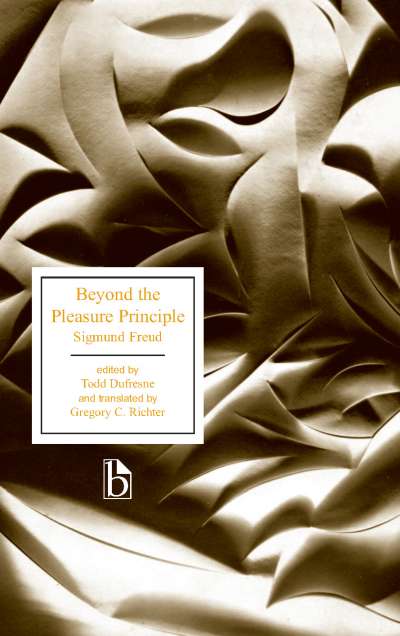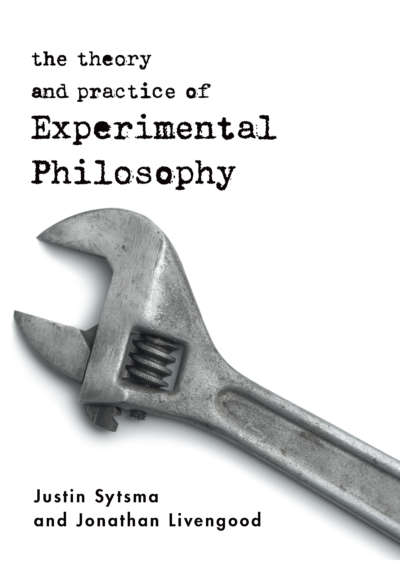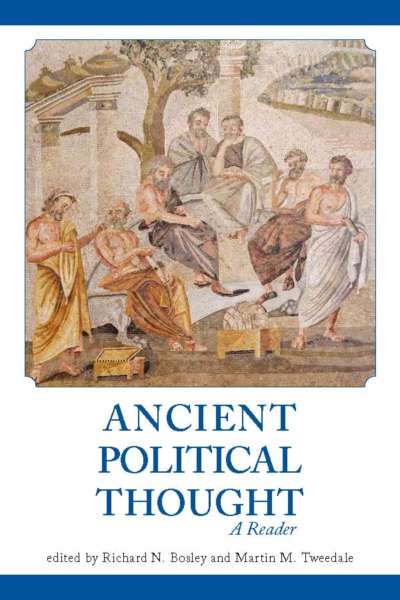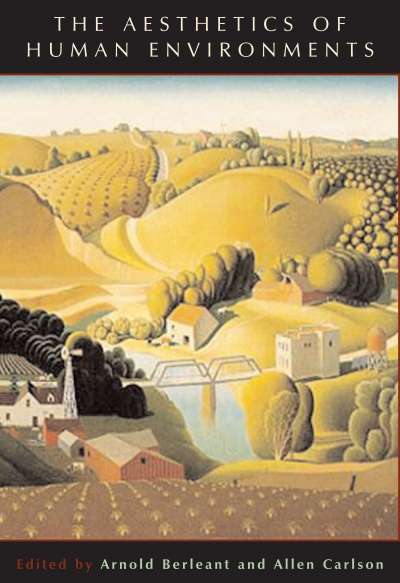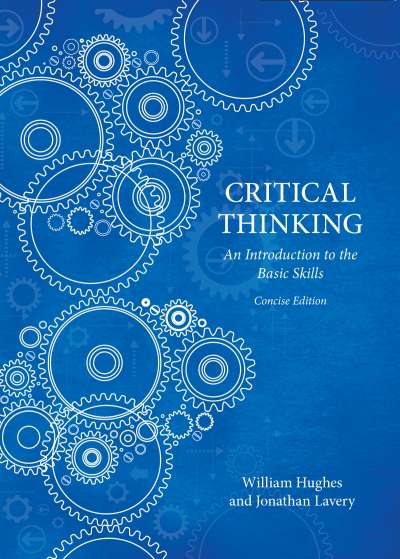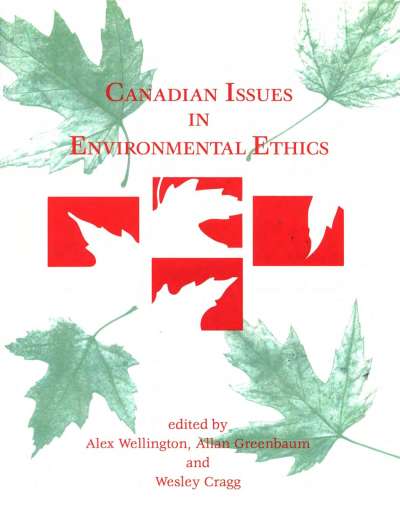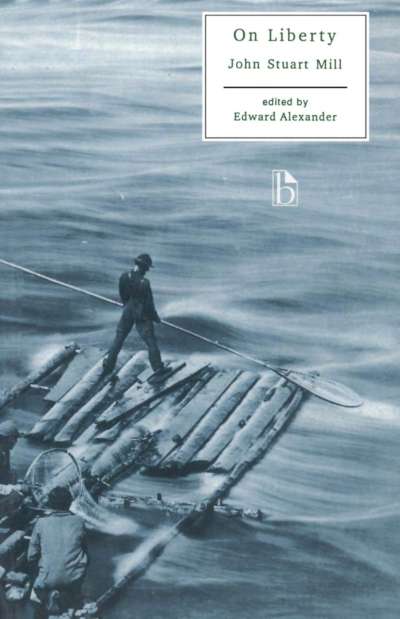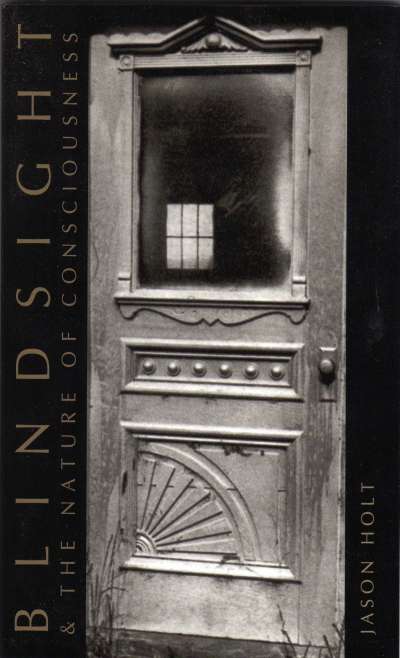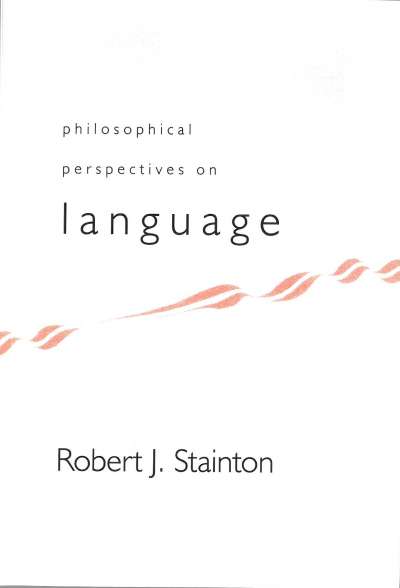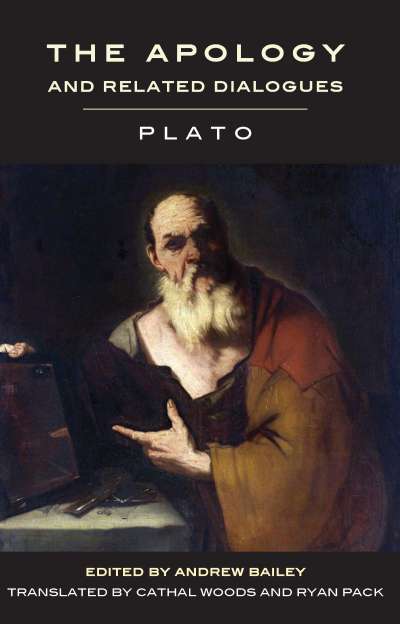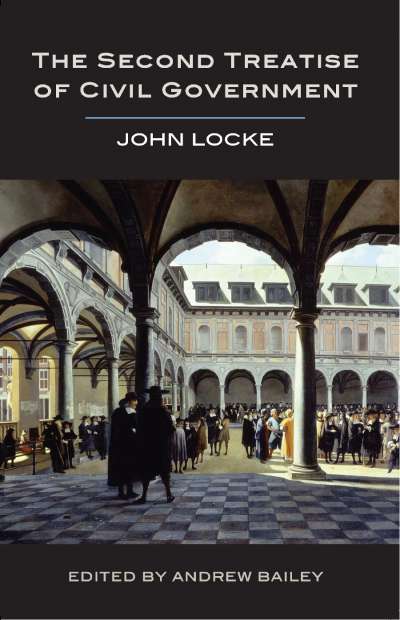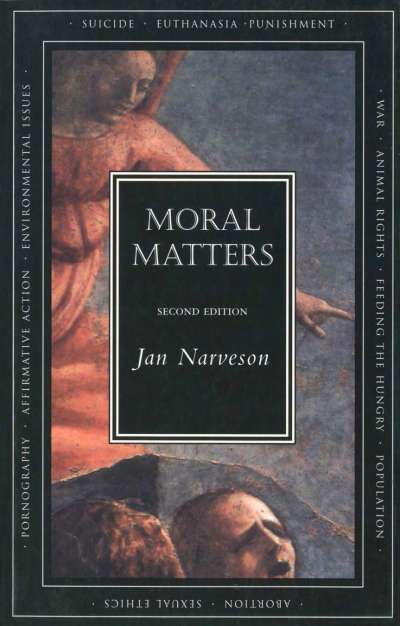Human concern over the urgency of current environmental issues increasingly entails wide-ranging discussions of how we may rethink the relationship between humans and the rest of the natural world. In order to provide a context for such discussions this anthology provides a selection of some of the most important, interesting and influential readings on the subject from classical times through to the late nineteenth century. Included are such figures as Xenophon, Plato, Aristotle, Hildegard of Bingen, St Francis of Assisi, Bacon, Descartes, Kant, Mill, Emerson and Thoreau. As the collection as a whole amply demonstrates, the history of western philosophical accounts of nature can help us to better understand current attitudes and problems. Human Life and the Natural World may also be of interest to a broad range of philosophers and students of philosophy, and more generally to those with a concern for the environment that engages the intellect as well as the heart.
Comments
“I applaud Goldin’s project, and wish it every success. The focus on classical texts is worthwhile, and the overall structure sensible.” — Stephen Clark, University of Liverpool
“The relationship between humans and nature will be a central focus of discussion well into the next century; it is easy to see including this material in an undergraduate environmental ethics or environmental philosophy course.” — Donald Scherer, Bowling Green University
“What is unique and useful about this book is that it provides the necessary background to a fuller understanding of more recent theories.” — Loan Bryans, University College of the Cariboo
Preface
Acknowledgments
Introduction
I. The Ancient World
- Xenophon
Memorobilia 4.3
- Plato
Timaeus and Critias
- Aristotle
Physics, On the Soul, and Politics
- Cicero
On the Nature of the Gods
- Porphyry
On Abstaining from Animals
II. Faith and Nature
- Genesis
- St. Augustine
Sermon 241: “On the Resurrection of Bodies, against the Pagans
- Hildegard of Bingen
The book of Divine works and The Book of the Rewards of Life
- St. Francis of Assisi
Celano: The First Life of St. Francis
St Bonaventure: Major Life of St. Francis
- St. Thomas Aquinas
Summa Contra Gentiles and Summa Theologica
III. Modernity, Mechanism, and the New Science
- Francis Bacon
The New Organon
- René Descartes
Discourse on Method
- Baruch Spinoza
Letter 32, Spinoza to Henry Oldenburg
- John Ray
The Wisdom of God Manifested in the Creation
- John Locke
Second Treatise of Government
IV. Order, Hierarchy and Struggle
- Carolus Linnaeus
The Economy of Power
- Immanuel Kant
Lectures on Ethics and Critique of Judgment
- T.R. Malthus
An Essay on Population as It Affects the future Improvement of Society
- William Godwin
On Population
- Priscilla Wakefield
Instinct Displayed in a Collection of Well-Authenticated Facts, Exemplifying the Extraordinary Sagacity of Various Species of the Animal Creation
- Charles Darwin
On the Origin of Species and The Descent of Man
V. Transforming Nature: Progress or Ruin?
- John Stuart Mill
Nature and Whewell on Moral Philosophy
- George Perkins Marsh
The Earth as Modified by Human Action: A Last Revision of “Man and Nature”
- Friedrich Engels
“The Part Played by Labor in the Transition from Ape to Man”
VI. Living With Nature
- Jean Jacques Rousseau
The Reveries of a Solitary Walker
- Ralph Waldo Emerson
“Nature”
- Henry David Thoreau
“Walking”
Owen Goldin is an Associate Professor in the Department of Philosophy at Marquette University.
Patricia Kilroe teaches in the Anthropology and Linguistics Department at the University of Wisconsin-Milwaukee.


